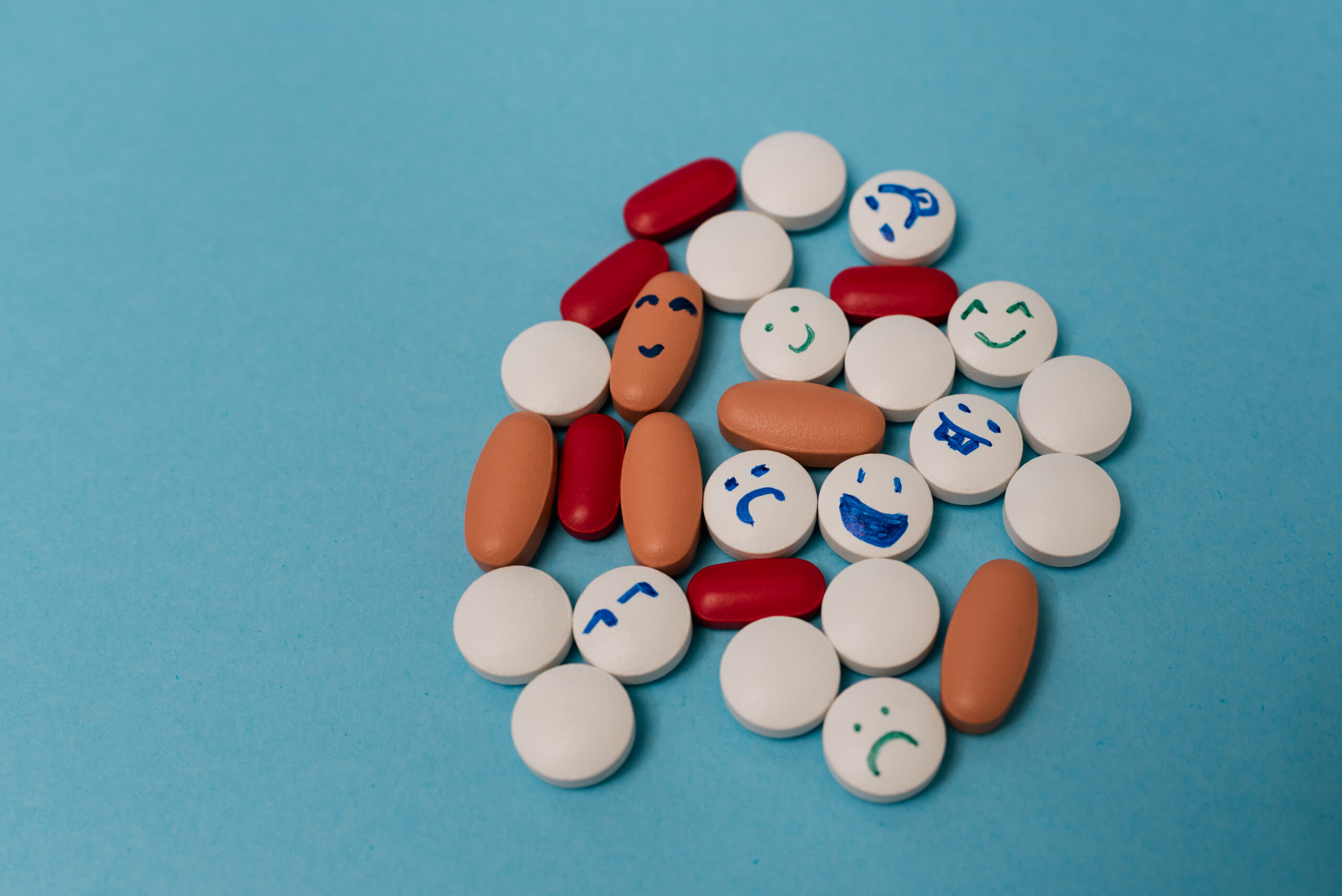Antidepressants are a cornerstone in the treatment of depression and other mood disorders. These medications have significantly improved the lives of millions of people. At PMHC in Philadelphia, we believe in educating our patients about their treatment options. Here are ten interesting facts about antidepressants that you might not know.
1. Different Classes of Antidepressants
There are several classes of antidepressants, each working differently. The most common include selective serotonin reuptake inhibitors (SSRIs), serotonin and norepinephrine reuptake inhibitors (SNRIs), tricyclic antidepressants (TCAs), and monoamine oxidase inhibitors (MAOIs).
2. Delayed Onset of Action
Unlike some medications, antidepressants typically take several weeks to start showing their full effects. Patients might need to wait four to six weeks to notice significant improvements in their symptoms.
3. Side Effects Vary
Different antidepressants have different side effect profiles. Common side effects include nausea, weight gain, sexual dysfunction, and sleep disturbances. However, these side effects often diminish over time as the body adjusts to the medication.
4. Not Just for Depression
Antidepressants are used to treat a variety of conditions beyond depression, including anxiety disorders, chronic pain, obsessive-compulsive disorder (OCD), and post-traumatic stress disorder (PTSD).
5. Gradual Dosage Adjustment
Doctors usually start patients on a low dose of antidepressants and gradually increase it. This helps minimize side effects and allows the body to adjust to the medication.
6. Genetic Factors Influence Response
Genetics can play a role in how an individual responds to antidepressants. Pharmacogenetic testing can sometimes help determine which antidepressant might be most effective for a particular person.
7. Discontinuation Syndrome
Abruptly stopping antidepressants can lead to discontinuation syndrome, with symptoms such as dizziness, nausea, and flu-like symptoms. It is important to taper off these medications gradually under a doctor’s supervision.
8. Antidepressants and Pregnancy
Some antidepressants are considered safer than others during pregnancy. It’s crucial for pregnant women or those planning to become pregnant to discuss their treatment options with their healthcare provider.
9. Potential for Drug Interactions
Antidepressants can interact with other medications, potentially causing harmful effects. Always inform your doctor about all medications and supplements you are taking.
10. Impact on Neurotransmitters
Antidepressants primarily work by altering levels of neurotransmitters in the brain, such as serotonin, norepinephrine, and dopamine. These changes help improve mood and alleviate symptoms of depression and anxiety.
Antidepressants are a vital tool in the treatment of mental health disorders, offering hope and relief to many. Understanding these medications can help patients make informed decisions about their treatment. At PMHC in Philadelphia, we are committed to providing comprehensive mental health care and education. If you have any questions about antidepressants, our team is here to help.

